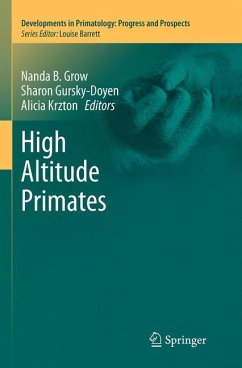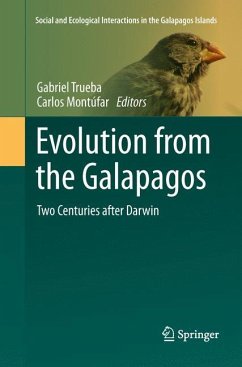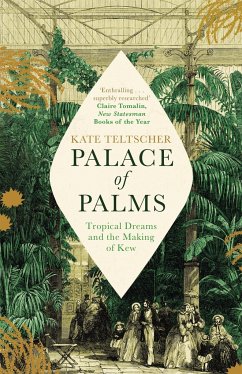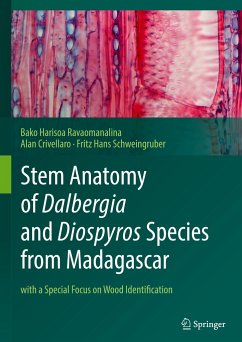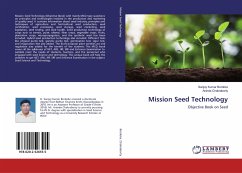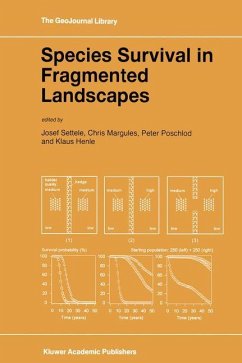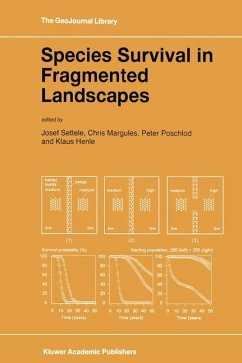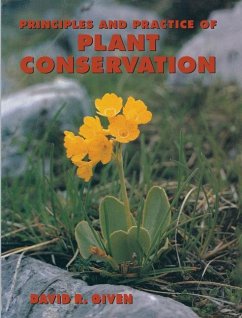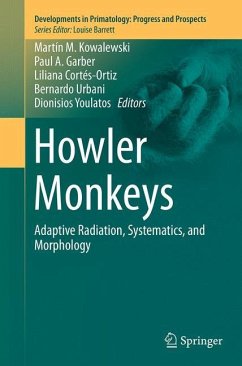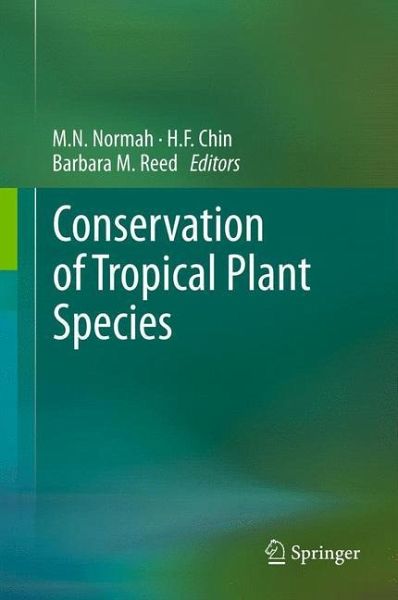
Broschiertes Buch
Conservation of Tropical Plant Species
Versandkostenfrei!
Versandfertig in 6-10 Tagen

PAYBACK Punkte
87 °P sammeln!




The book is designed to provide a review on the methods and current status of conservation of the tropical plant species. It will also provide the information on the richness of the tropical plant diversity, the need to conserve, and the potential utilization of the genetic resources. Future perspectives of conservation of tropical species will be discussed. Besides being useful to researchers and graduate students in the field, we hope to create a reference for a much wider audience who are interested in conservation of tropical plant diversity.
Normah M. Noor, Ph.D., received her B.A. in Biology from Macalester College (Minnesota), her M.S. in Crop Science from Michigan State University and her PhD in Seed Science from Universiti Pertanian Malaysia (Agriculture University of Malaysia). She is a Professor at Universiti Kebangsaan Malaysia (National University of Malaysia) as well as Director of its Institute of Systems Biology. Her groundbreaking work leading to the development of a technique for the cryopreservation of embryonic axes of rubber represented seminal work in the cryopreservation of recalcitrant seeds. Her research on cryopreservation and conservation of tropical fruit species, particularly of Garcinia, Citrus and Nephelium, has led to the development of techniques for the long-term conservation and micropropagation of these economically (and traditionally) important species. H.F.Chin Ph.D. is Professor Emeritus at University Putra Malaysia and Honorary Fellow of Bioversity International. He obtained four agricultural Sciences degrees from the University of Melbourne, His main interest is in seed conservation and storage, in particular recalcitrant seeds. He served in National and International seed committees such as the National Seed Council, Malaysia, Advisory Committee on Seed Storage of the International Board of Plant Genetic Resources (1981-1992), Chairman of Seed Storage Committee of International Seed Testing Association(1986-1992). Has served 51 years in his career in teaching and research Barbara M. Reed Ph.D. received her Bachelor of Science in Education at the University of Nebraska-Lincoln; Master of Science in Botany and Plant Pathology and Ph.D. in Botany at Oklahoma State University. Dr. Reed is a research scientist with USDA-ARS since 1989.The program goals of her research project encompass development of improved and broadly applicable methods for tissue culture of the temperate fruit, nut and specialty crop germplasm; development of low temperature or other slow-growth storage techniques for in vitro cultures; development of cryopreservation methods to facilitate the storage of clonal germplasm in liquid nitrogen; technology transfer of cryogenic techniques to other genetic resources labs; and evaluation of the genetic stability of in vitro-stored plants and cryopreserved meristems. Barbara M. Reed Ph.D. received her Bachelor of Science in Education at the University of Nebraska-Lincoln; Master of Science in Botany and Plant Pathology and Ph.D. in Botany at Oklahoma State University. Dr. Reed is a research scientist with USDA-ARS since 1989.The program goals of her research project encompass development of improved and broadly applicable methods for tissue culture of the temperate fruit, nut and specialty crop germplasm; development of low temperature or other slow-growth storage techniques for in vitro cultures; development of cryopreservation methods to facilitate the storage of clonal germplasm in liquid nitrogen; technology transfer of cryogenic techniques to other genetic resources labs; and evaluation of the genetic stability of in vitro-stored plants and cryopreserved meristems.
Produktdetails
- Verlag: Springer / Springer New York / Springer, Berlin
- Artikelnr. des Verlages: 978-1-4899-8724-2
- 2013
- Seitenzahl: 552
- Erscheinungstermin: 19. September 2014
- Englisch
- Abmessung: 235mm x 155mm x 30mm
- Gewicht: 836g
- ISBN-13: 9781489987242
- ISBN-10: 148998724X
- Artikelnr.: 41535436
Herstellerkennzeichnung
Springer-Verlag GmbH
Tiergartenstr. 17
69121 Heidelberg
ProductSafety@springernature.com
Für dieses Produkt wurde noch keine Bewertung abgegeben. Wir würden uns sehr freuen, wenn du die erste Bewertung schreibst!
Eine Bewertung schreiben
Eine Bewertung schreiben
Andere Kunden interessierten sich für


